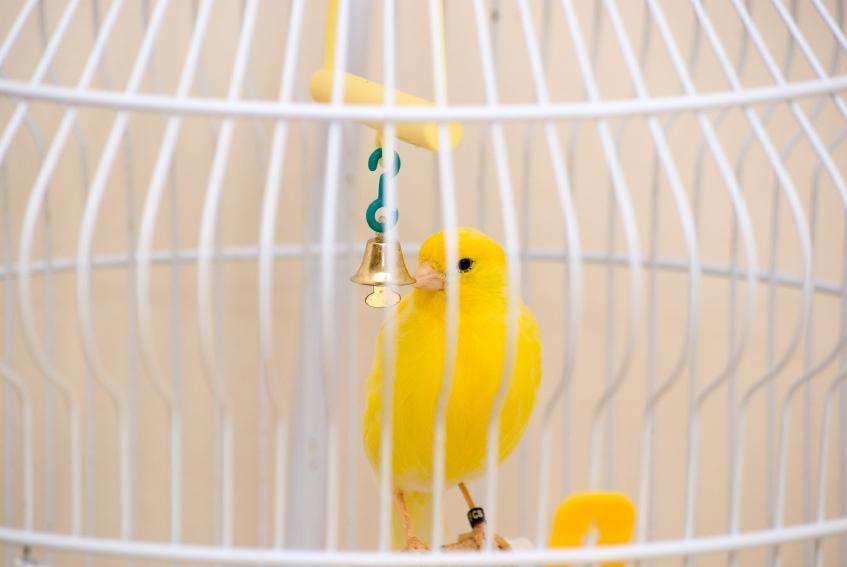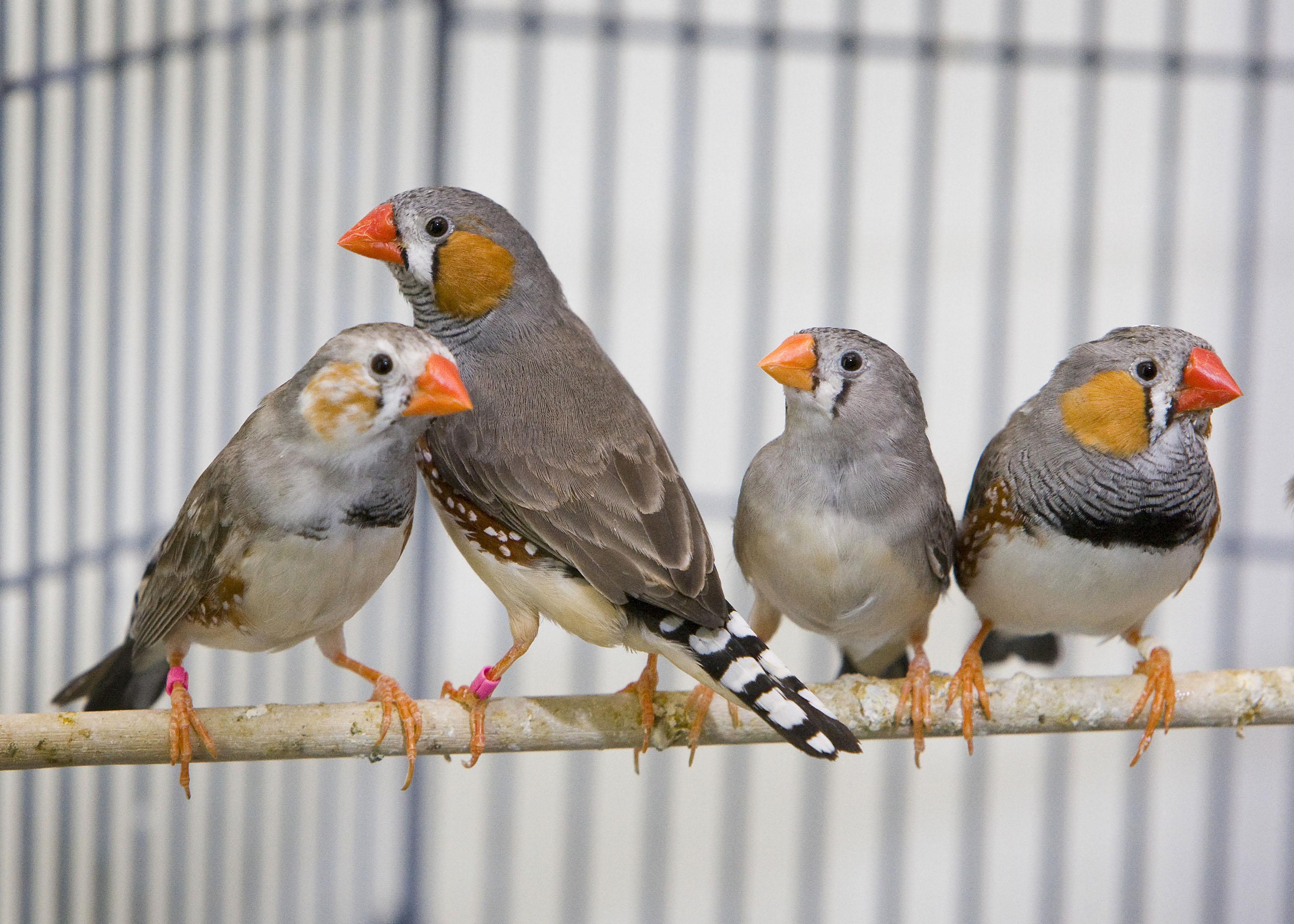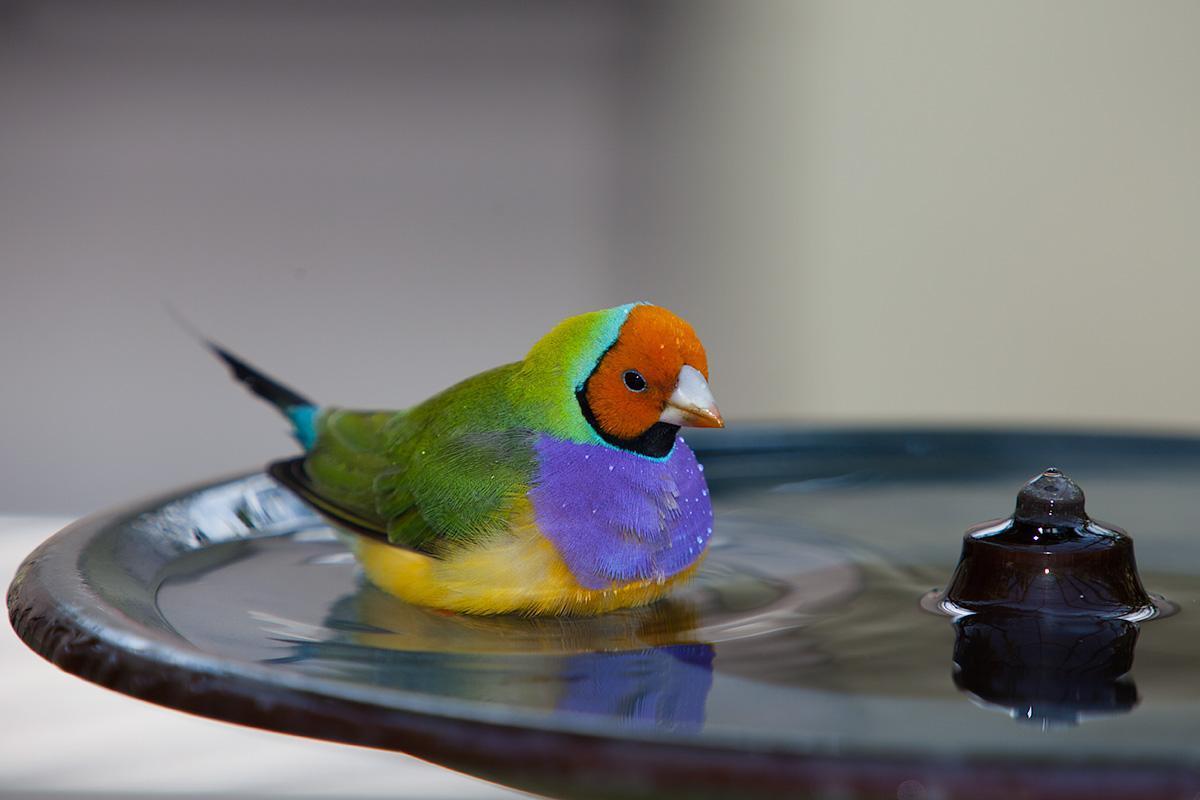What are the Benefits of Keeping Birds?


There are plenty of people who don't understand how keeping a bird caged is a pleasant idea, and it makes sense; bird catchers often keep beautiful species within minuscule cages, stripping them from their dignity and welfare.
Still, bird lovers like me can't imagine life without hearing their beautiful bird song or watching their delicate flight. Birds are beautiful, intelligent, sociable and cheerful animals; they bring life, melody and happiness to our home. Stay with me at AnimalWised to learn what are the benefits of keeping birds.
A cheerful melody
Birds wake up at dawn, even though you'll be able to snooze some more if you cover the cage at night. When they finally realize it's daytime, they fill the house with beautiful morning bird song.
If you are a cheerful music lover, you'll surely feel revitalized and pleased to hear them sing their distinctive melodies. Among the best singing birds we can find the canary (Serinius canaria domestica), a true delight when kept as a pet. You'll never wake up in a bad mood again!
Here you can learn what are the 5 best songbirds in the world.
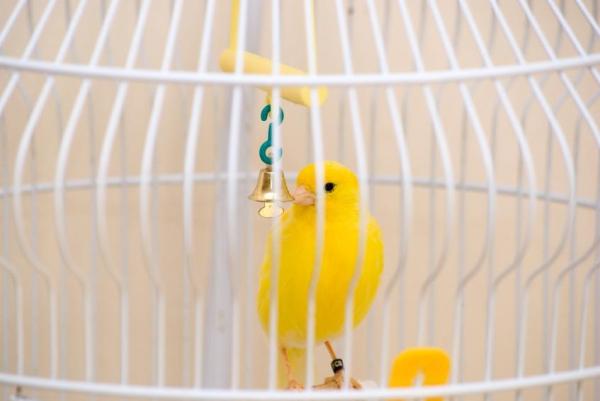
A beautiful spectacle
There are truly spectacular and amazing birds out there - you'll be delighted simply by watching them. Their bright, colorful and sometimes extravagant plumage will surprise your guests - keeping birds will bring many beautiful experiences!

Birds are clever
Even though many people don't think of birds as very intelligent animals, you'll be able to confirm that birds are actually quite clever. Depending on the species they will engage more or less with you.
Macaws, for instance, can perfectly mimic your voice and other sounds, as well as solve little intelligence games.

A loving friend
Another of the benefits of keeping birds is that you can develop a very close relationship. If you're ever able to have a bird imprint on you, it will be a life-changing experience that will confirm you as a proper amateur ornithologist.
Do you have no idea what I'm talking about? Fledgling birds imprint on their parents, learning from their behavior and following them around. If they're raised by humans, though, they believe we're members of the same species and become extremely sociable, warm and loving.
Imagen de canonistas.com

They can cohabit with other species
Some kinds of birds can perfectly cohabit without any conflicts with other species, as long as they're kept in big, wide cages. For instance, canaries and goldfinches or zebra and society/Bengalese finches are good combinations. You can also keep multiple birds from the same species, as with budgerigars or lovebirds.
However, you should always do some research before adopting birds. Learn about the different species of birds available and have an extra cage in case conflicts arise.
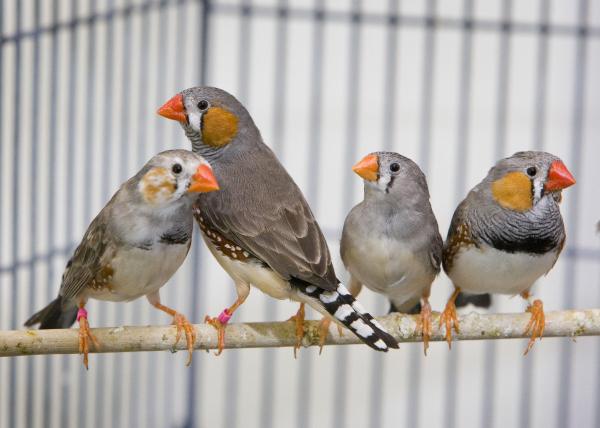
They're fun!
As with all other animal species, birds can be restless, playful animals. If they have toys like swings or ladders they will have fun for ages - and so will you, since watching them play is a real delight. However, avoid mirrors since they can be a great source of stress for many birds.
You should also know that birds love water; they can refresh themselves in the summer by splashing around, and it also helps them keep their feather clean. Leave a small water container at hand and let yourself be surprised by the display!
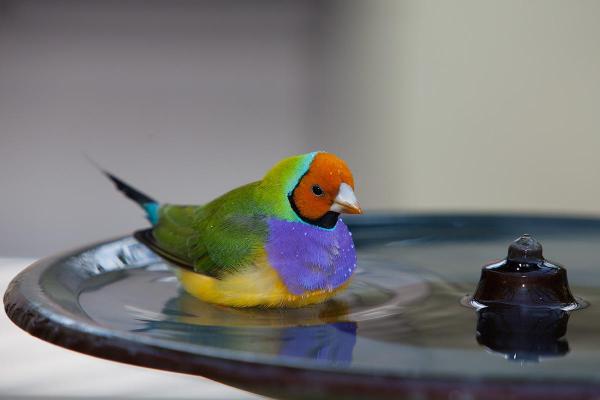
All in all, keeping birds is a beautiful experience that brings us closer to nature and to these animals' special sensibility. However, always keep in mind that birds are very delicate and they require close and proper care when kept as pets, especially if you want them to show off their full radiance and enjoy their lives as if they were living in the wild.
Remember that you must be able to get them veterinary attention should they need it, and it isn't cheap. Pet birds should also have a big cage, regularly cleaned, in order to ensure their basic welfare.
This is my answer to what are the benefits of keeping birds. What is yours?

If you want to read similar articles to What are the Benefits of Keeping Birds?, we recommend you visit our What you need to know category.






 I have a beautiful female parakeet, that my nephew gave to me...should I purchase a bigger birdcage, also how do I take good care of her so she is happy. I live 8n an apartment.
I have a beautiful female parakeet, that my nephew gave to me...should I purchase a bigger birdcage, also how do I take good care of her so she is happy. I live 8n an apartment.


